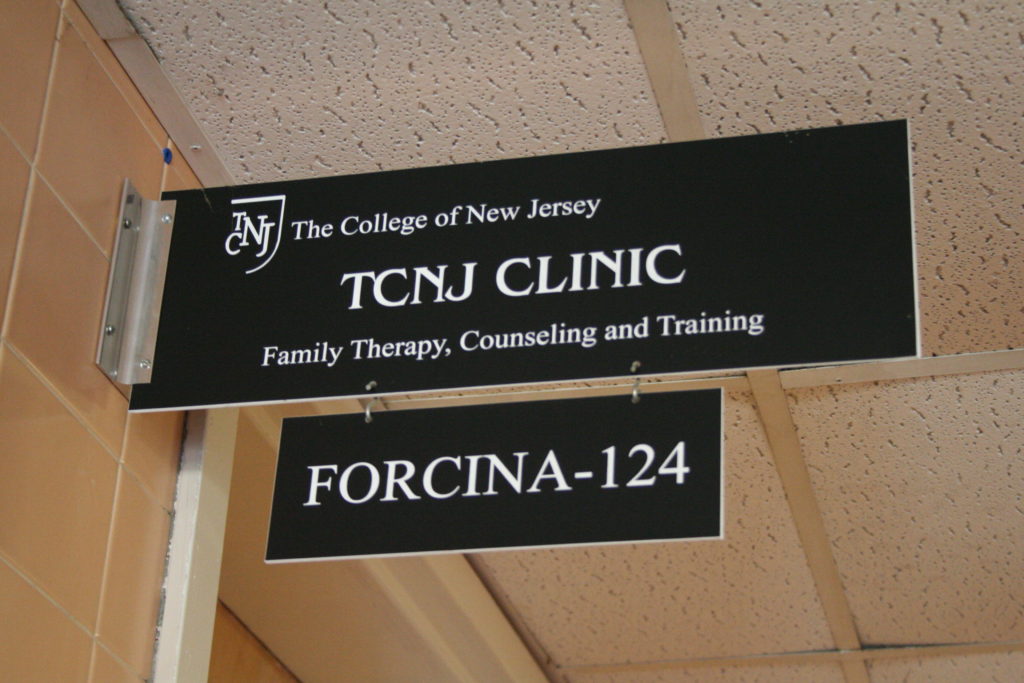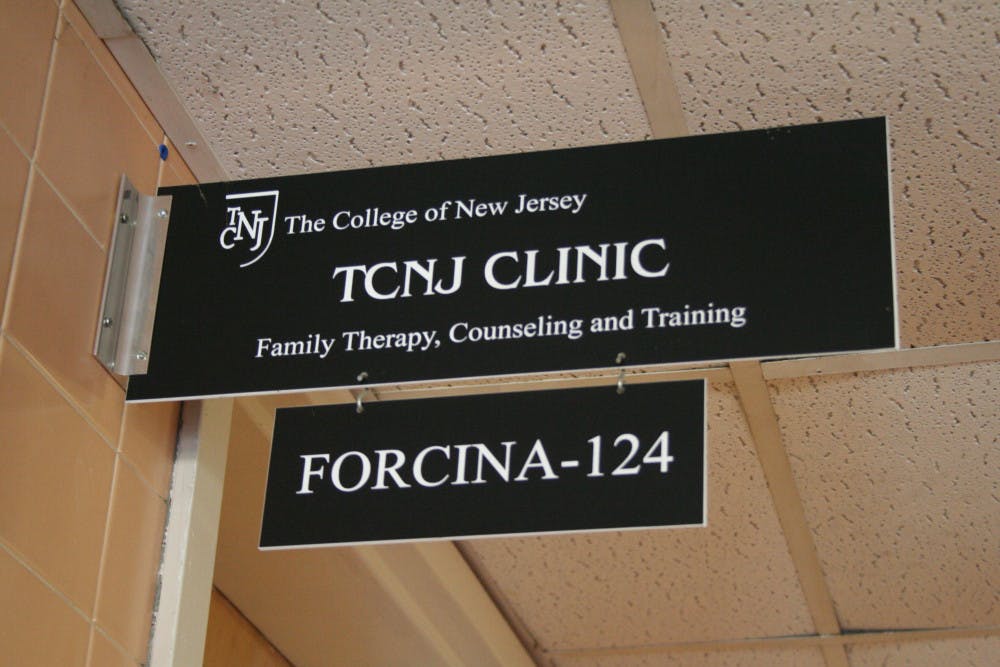By Mia Ingui
Managing Assistant
“Consultation with entities across campus indicates that the TCNJ Clinic is not crucial in meeting campus needs. Therefore, after much study, the TCNJ Clinic will be closed at the conclusion of the 2016-17 Academic Year.”
The staff of the TCNJ Clinic received this dismissal notice by email. The staff received no prior notice to this memorandum that their place of work, love and healing would be closing.
The TCNJ Clinic provides counseling at low cost for individuals, couples and families regarding difficulty with work and school, anxiety, depression, gender identity and more. It is only $10 per session for students, though. It is the only location on campus where patients can receive long-term treatment from clinicians, who are graduate students supervised by licensed psychologists.
The Clinic serves 40 to 50 students per month, and its closing signifies the loss of a safe space for students and community members alike.
“This is impacting community members,” said Katie Warga, a graduate student interning at the Clinic. “TCNJ is tied to the community, and its relationship with the greater community is important to its reputation. The clinic has served over 1,300 clients and families."
The clinic’s atmosphere is somber as the close-knit staff are saddened by the news.
“We're a family here,” said Jennifer Sparks, the director of the TCNJ Clinic. “There are students who have come here specifically because there is a place where they can do their internship on campus. Our students and our clients are really upset.”
Sparks also said people need to understand the difference between the clinic and the College’s Counseling and Psychological Services (CAPS).

“It’s important to know that the clinic is separate from CAPS,” Sparks said. “CAPS includes all licensed professionals, but myself and who helps me out are the only licensed professionals here at the clinic. All the counselors are students finishing their Masters. Our clinicians are new in the field — excited and passionate about what they are doing.”
Sparks said CAPS is not the place for students who seek long-term treatment options.
“Because CAPS can't do long-term (treatment), it becomes complicated to place kids who are really struggling and need long-term help,” Sparks said. “This is the only on-campus place for that.”
Julia McKinnies, a senior special education and English double major, agrees with Sparks since she benefited more from the clinic than CAPS.
“I was extremely saddened to hear that the Clinic was closing,” she said. “I know countless people who have benefited greatly from the clinics services, myself included… (CAPS) run on a more short-term counseling plan and, from personal experience, there is not nearly enough time for the proper rapport to be established between the patient and the counselor.”
The closing of the clinic has Warga wondering what will happen to the people that used it.
"The only thing that keeps running through my head when I get phone calls now is, ‘What is this student going to do next year?’” Warga said. “There is already more demand than can be met with both us and CAPS. Without us, I don't know what happens to them.”
Clinical intern Jennifer Peck-Nolte started a petition for the students to sign and show their support.
“There have been several student groups that contacted us and want to be more involved and take up our cause,” Warga said.
According to Peck-Nolte, career and community studies (CCS) students with intellectual disabilities receive aid from the clinic, and CAPS does not provide the same services.
Ashley Taconet, a senior special education and psychology double major who works with CCS students, agrees with Peck-Nolte that CAPS cannot provide close attention to the entire student body of the College without the help from the clinic.
“I am upset that the clinic is closing,” Taconet said. “I personally have not gone to the clinic, but know many people who do utilize their services… The TCNJ Clinic is available for all CCS students to attend, while CAPS is not available. Many CCS students, as well as typical TCNJ students, do not have access to cars on campus and therefore, cannot travel off campus for counseling services.”
Peck-Nolte is concerned about not only the College community, but the Ewing, N.J., community that the clinic serves, as well.
“This is impacting community members,” Peck-Nolte said. “Some of the families that we serve come here because they don't have the financial means. And don't we all need to get access to someone who can listen to us and help us and believe in us?”







